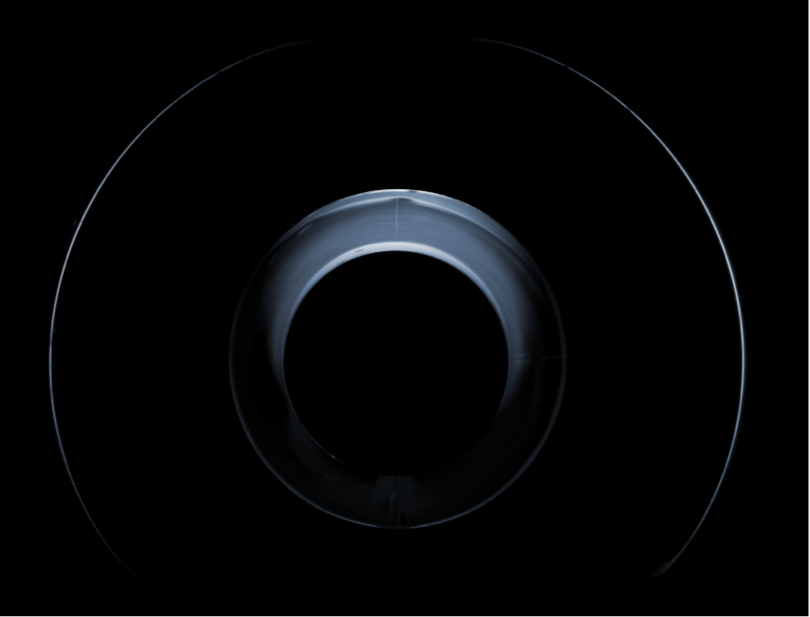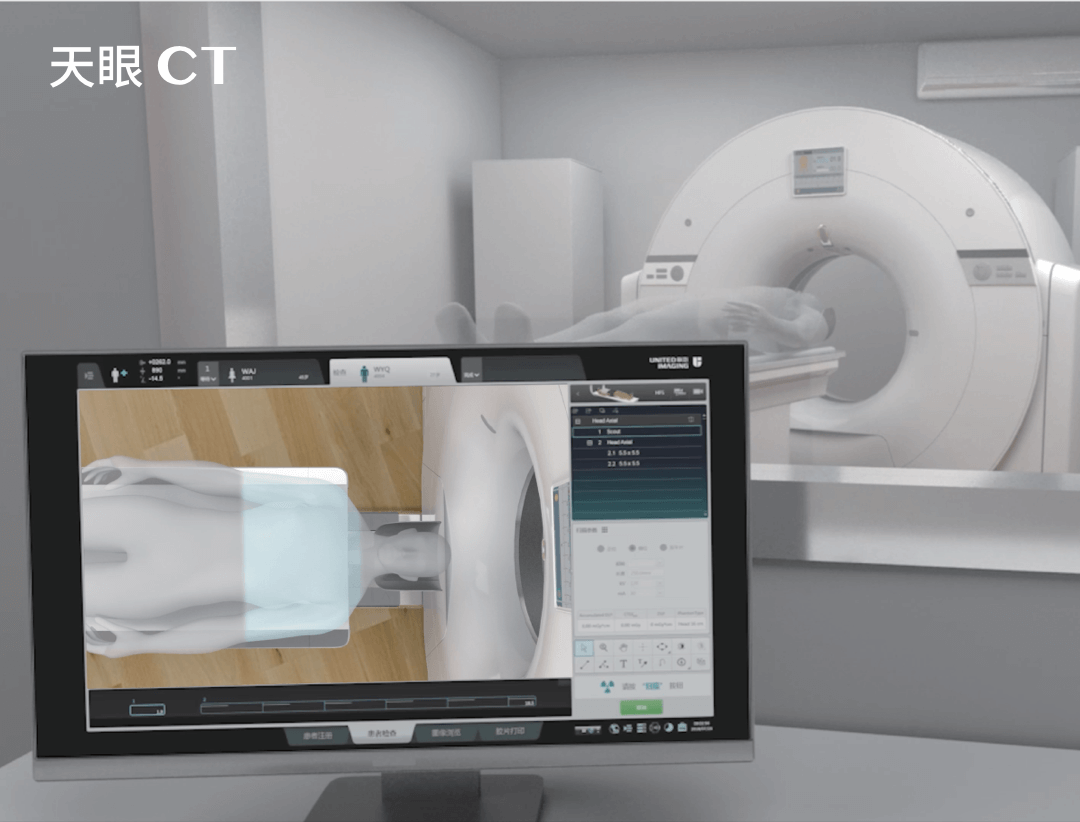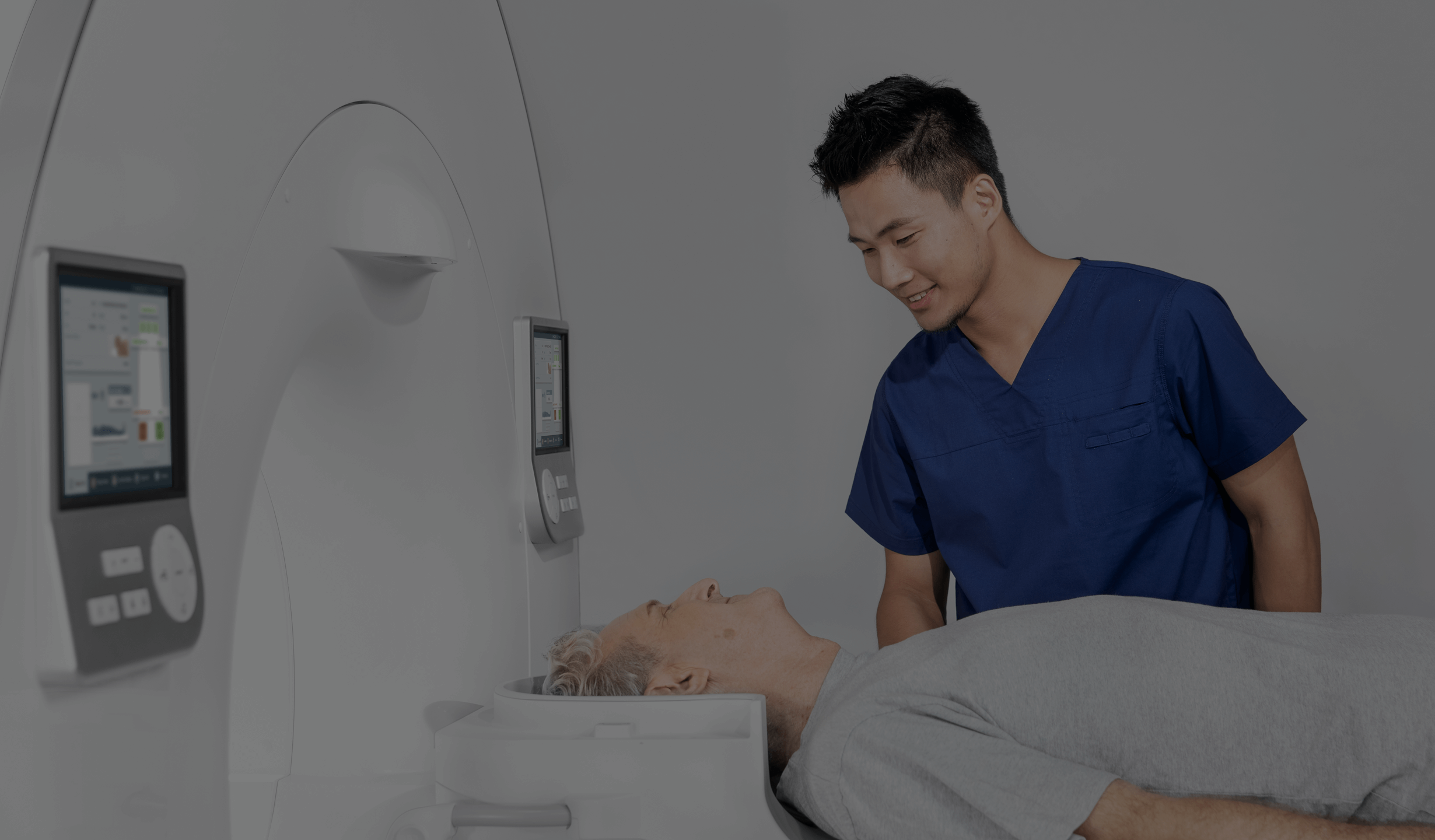Is it safe to have an MRI scan during pregnancy?
Magnetic resonance imaging (MRI) is one of the safest and most advanced diagnostic tools in modern medicine, but its use during pregnancy raises many questions. Is it safe to have an MRI scan during pregnancy? What are the indications and contraindications, and what precautions should be taken to ensure the safety of both the mother and the developing foetus? Let us explain.
MRI and pregnancy
MRI is a non-invasive diagnostic technique that uses magnetic fields and radio waves to produce images of internal body structures. In pregnancy, MRI is often the preferred imaging modality because, unlike CT scans or X-rays, it does not use ionising radiation, which could pose a risk to the developing foetus. However, although MRI is considered safe, there are some guidelines and restrictions on its use in pregnant women.
MR scan in the first trimester of pregnancy
It is important to stress that MRI should not be used routinely in pregnancy unless there is a clear medical indication. Particular caution should be taken during the first trimester of pregnancy, when key stages of foetal development occur. Doctors recommend MR only when it is absolutely necessary and when other diagnostic methods, such as for example ultrasound (US), do not provide sufficient information.
The decision to have an MRI in the first trimester is based on a risk-benefit assessment. Doctors may recommend it in exceptional cases, such as suspected serious fetal abnormalities, neurological disorders or other conditions that require detailed diagnosis and may have significant implications for further medical management.
Can I have a contrast-enhanced MRI scan during pregnancy?
While the MRI itself is considered safe in pregnancy, the use of contrast agents requires extra caution. Contrast media containing gadolinium are rarely used in pregnancy - they are only used when absolutely necessary because gadolinium can cross the placenta and could theoretically affect foetal development. It is therefore recommended that contrast-enhanced MR should be avoided unless the potential benefits to the mother’s health outweigh the potential risks to the foetus.
In situations where contrast-enhanced MR is necessary, it is important to carefully follow the guidelines for contrast dosing and monitoring the health of the mother and foetus. Additional tests may be needed to ensure that there is no risk to the foetus. In this situation, the MRI operator will also need to work closely with a radiologist and a gynaecologist.
MR scan in pregnancy
An MR scan in pregnancy is similar to a standard MR scan. The patient lies on a moving table, which is then moved into the MRI machine. It is important that the patient remains still during the scan to ensure the best possible image quality. The patient can communicate with the radiology technician by intercom.
Before a pregnant patient undergoes an MRI scan, it is important that she informs the medical staff of her condition. It may be necessary to adjust the machine settings or examination technique to ensure maximum comfort and safety for both mother and foetus. In some cases, the doctor may also recommend that the scan be performed in a specific position to avoid pressure on the inferior vena cava, which is particularly important in the later stages of pregnancy.
MRI – placenta and foetal diagnosis
An MRI scan can also be used to provide a detailed assessment of the placenta and foetus, particularly when other imaging techniques, such as ultrasound, do not provide sufficient information. MRI allows an accurate assessment of the structure of the placenta and its blood flow, as well as detecting any abnormalities in its structure or function. It can also be helpful in assessing the condition of the amniotic fluid, the development of the foetal brain and the diagnosis of birth defects.
In fact, an MR scan during pregnancy is particularly valuable when foetal abnormalities are suspected. The high resolution of MR imaging allows accurate diagnosis of internal fetal structures, which can be crucial in planning further medical management and preparing for delivery.
Contraindications and risks of MRI in pregnancy
Although MRI is considered a safe diagnostic modality in pregnancy, there are certain contraindications and risks that should be considered. The main contraindications include the presence of metal implants and electronic devices (such as a pacemaker) in the body, and allergy to contrast media. In addition, as mentioned above, although there is no conclusive evidence of adverse effects of MR on the foetus, it is recommended that this examination be avoided during the first trimester of pregnancy unless medically justified.
When considering an MR scan in pregnancy, it is also important to consider the potential risks associated with spending a long time in the enclosed space inside the scanner gantry, which can be a problem for women who suffer from claustrophobia. In addition, lying on one’s back for long periods of time may be uncomfortable for a pregnant woman, especially in the later stages of pregnancy. Doctors and medical staff should therefore be aware of these issues and adapt the examination procedure to the individual needs of the patient.
In conclusion, MRI in pregnancy is considered to be a safe and effective diagnostic imaging modality, but the decision to perform this examination must be carefully considered by the treating physician. In situations where other imaging modalities do not provide sufficient information, MRI can provide valuable data to help guide appropriate medical management.
*ATTENTION! The information contained in this article is for informational purposes and is not a substitute for professional medical advice. Each case should be evaluated individually by a doctor. Consult with him or her before making any health decisions.



